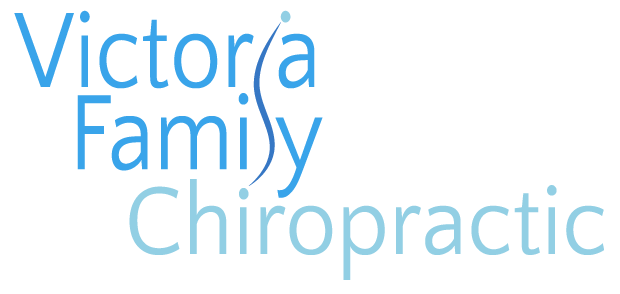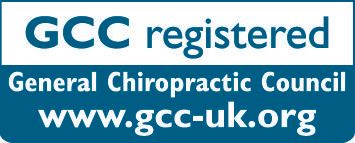What is Chiropractic Care?
Chiropractic is based on the relationship between the spine and the nervous system, with one of the most basic ideas in chiropractic being that dysfunction in the spine and its joints can result in dysfunction in the nervous system. As the nervous system controls and coordinates all of the body's systems, dysfunction within the spine can have wide ranging effects on your body's health. Chiropractors are trained to identify these dysfunctions and treat them accordingly. If you have any questions about chiropractic care, you can see some answers below, or alternatively contact us directly. Victoria Family Chiropractic operate from Warrington and help clients all over the region, including in Runcorn, Widnes and St Helens.
Is it safe?
Yes, chiropractic treatment is safe when performed by a fully qualified, registered chiropractor. It is a drug free, surgery free, non invasive treatment of the spine and associated conditions. Your chiropractor is trained to recognise conditions which may require referral elsewhere.
Do you have any other queries?
If you have further questions or would like to book an appointment, please call



